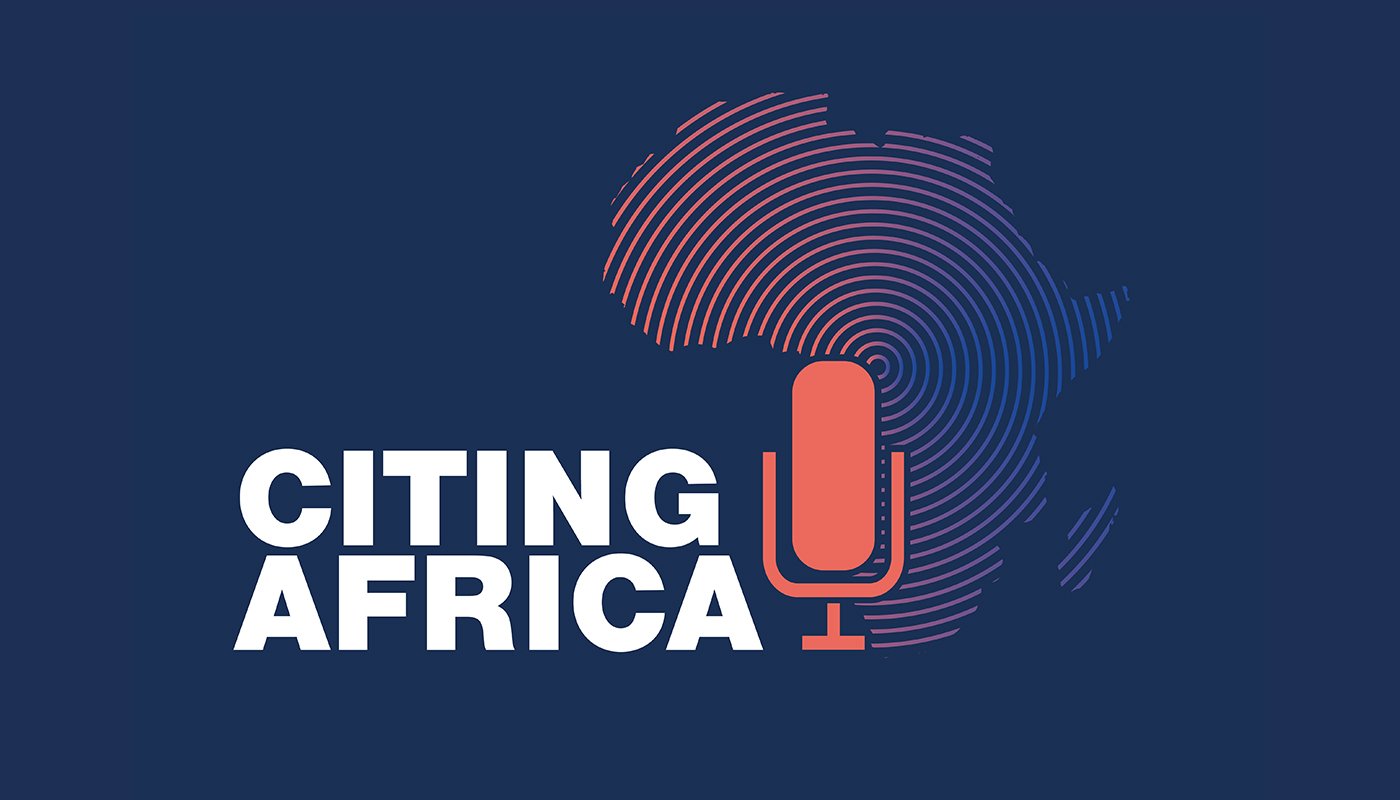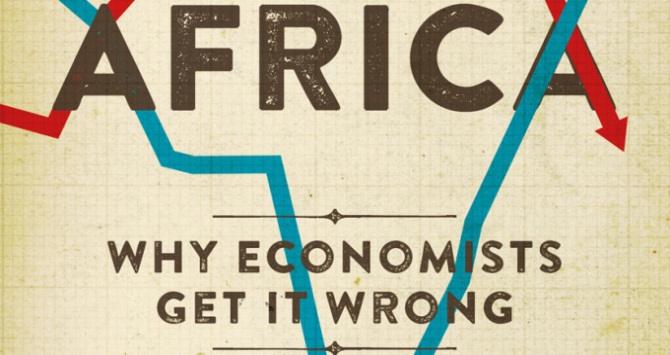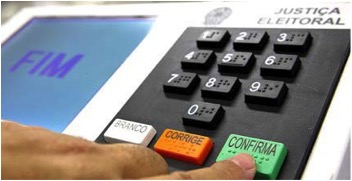MSc African Development candidate, Ikenna Oguguo, summarises his recent article “When They Bring Light” published in THISDAY and The Cableng, which looks at how the providers in the Nigerian energy sector can help the country cope with the Covid-19 lockdown and beyond.
Growing up in Nigeria, the answer to many questions about when something could happen – when work could get done, when school research could get done, when water could get pumped, and so on – was “When They Bring Light”. This is not a piece about why there is still a shortage of electricity in Nigeria several decades after. Many media outlets have done well to cover the political finger-pointing and bureaucratic dysfunction that has kept citizens in the Dark Ages, literally, with energy produced per person less than 5% that of emerging economies (IMF, 2019). Rather, today there must be a focus on what must be done swiftly by the providers in the power sector to ensure Nigeria overcomes COVID-19, and that focus should be on adding predictability. “When They Bring Light”. OK, but when exactly is that? Regular citizens still have no clue.
[…] households […] have had to be content with an average of 3.6 to 6.3 hours per day of electricity, depending on region (National Bureau of Statistics, 2016). Worse still, the supply is unpredictable and uneven.
Before the lockdown, businesses (including schools) provided the bulk of electricity for many citizens of Nigeria, with 86% of businesses running generators for most of their energy needs (Center for Global Development, 2014). Only 26% of households can afford such luxury, the rest have had to be content with an average of 3.6 to 6.3 hours per day of electricity, depending on region (National Bureau of Statistics, 2016). Worse still, the supply is unpredictable and uneven. Power cuts happen without schedule or warning, taking hours, days or sometimes weeks to return, and some – typically, affluent – localities enjoy a lot more energy availability than the majority. While the long-term goal is to deal with the low supply of electricity, the short-term goal should be scheduling when each locality gets their hours, as predictably and equitably as possible. In the context of the COVID-19 crisis where over 30 million people need to self-isolate for the sake of public health, the ability to predict when power will be available is a crucial service that would allow citizens cook, store food, study, be entertained or stay commercially productive.
Members of government and the electricity companies have shown a clear awareness of this challenge and have focused on complex solutions that citizens could benefit from. However, the populace also recognizes that help must be time-sensitive. An initiative for free electricity for 2-months as a palliative is failing to come true. Likewise, the way the electricity distribution companies (DisCos) deal with reports of disruption on Twitter may be inadvertently exclusive to only the few who have the knowledge and resources to seek service restoration via social media. There is clearly a consensus on the need for bolder measures, and the centrality of the role of DisCos is evident. However, it is important actions are strategic and deliberate to ensure inclusivity, especially (but not exclusively) during these times.
To progress towards predictability, equity and accountability, it makes sense to work towards scheduling power for each locality, also known as a load shedding schedule. Simply, people would like to know – in advance – when the providers intend to supply electricity to their area and for how long. In terms of predictability, citizens can plan their use of resources, and hence, their productivity. The transparency would help improve equity, so no localities are being left too far behind. And, year-on-year, the sector could set collective improvement targets that are understood and beneficial to all classes of citizens. ‘When They Bring Light’ is a new policy proposed in the full published article, but one the sector has previous experience with. DisCos – for a short period – published schedules as recently as 2017, but have since ceased. However, this dereliction is yet to be challenged by the independent regulator, the Nigerian Electricity Regulation Commission (NERC).
Simply, people would like to know – in advance – when the providers intend to supply electricity to their area and for how long.
Undoubtedly, there are challenges with such transparency. Zambia and South Africa both publish schedules for the benefit of their sectors, and their experiences may provide foresight that improves adaptation in Nigeria. As one of the DisCos – the Abuja Electricity Distribution Company (AEDC) – demonstrated in an enumeration of infrastructural faults of April 23rd, 2020, structural constraints will limit accuracy of a predictive schedule. To mitigate this, Zambia’s schedule includes a disclaimer indicating that uncertainties may lead to updates on short notice, and those are communicated by an SMS system. Over time and beyond the COVID lockdowns, as the members of the sector get accustomed to cooperatively issuing reliable schedules, measurable progression should emerge.
Of course, Nigerians are neither Zambians nor South Africans, therefore, variations in the socio-political context must also be considered. For instance, DisCos are likely to fear the public backlash of publishing poor performance and inequities for all classes to see. Sharing planned outages may not only heighten dissatisfaction amongst their customers, but influential customers may pressurise DisCos to make time and duration allocations in their favour. Thus, we must remain aware that the task of such an improvement is one that would call for unprecedented acclaim should the sector’s leaders deliver. Another attribute unique to Nigeria relative to Zambia and South Africa is the unbundled and fragmented value chain structure, which creates tensions between the Generation, Transmission and Distribution Companies. Thus, NERC’s role as the regulator is crucial for sustaining the policy. Likewise, as 40%-owner of DisCos and full owner of the Transmission service, the federal government could be the node that encourages cooperation.
Ikenna Oguguo (LinkedIn |@tweetWTBL), CEng MIET, MSc, is a chartered engineer and member of the institute of engineering and technology. He specialises in design and governance of electricity systems in developed and developing countries, and led post-disaster public service repairs in the mid-2000s after Hurricane Katrina in the U.S. Although currently affiliated with Cummins Inc and the African Development postgraduate programme at the London School of Economics (LSE), opinions proffered are his alone.
The views expressed in this post are those of the author and in no way reflect those of the International Development LSE blog or the London School of Economics and Political Science.






WE NEED CONSTANT ELECTRICITY